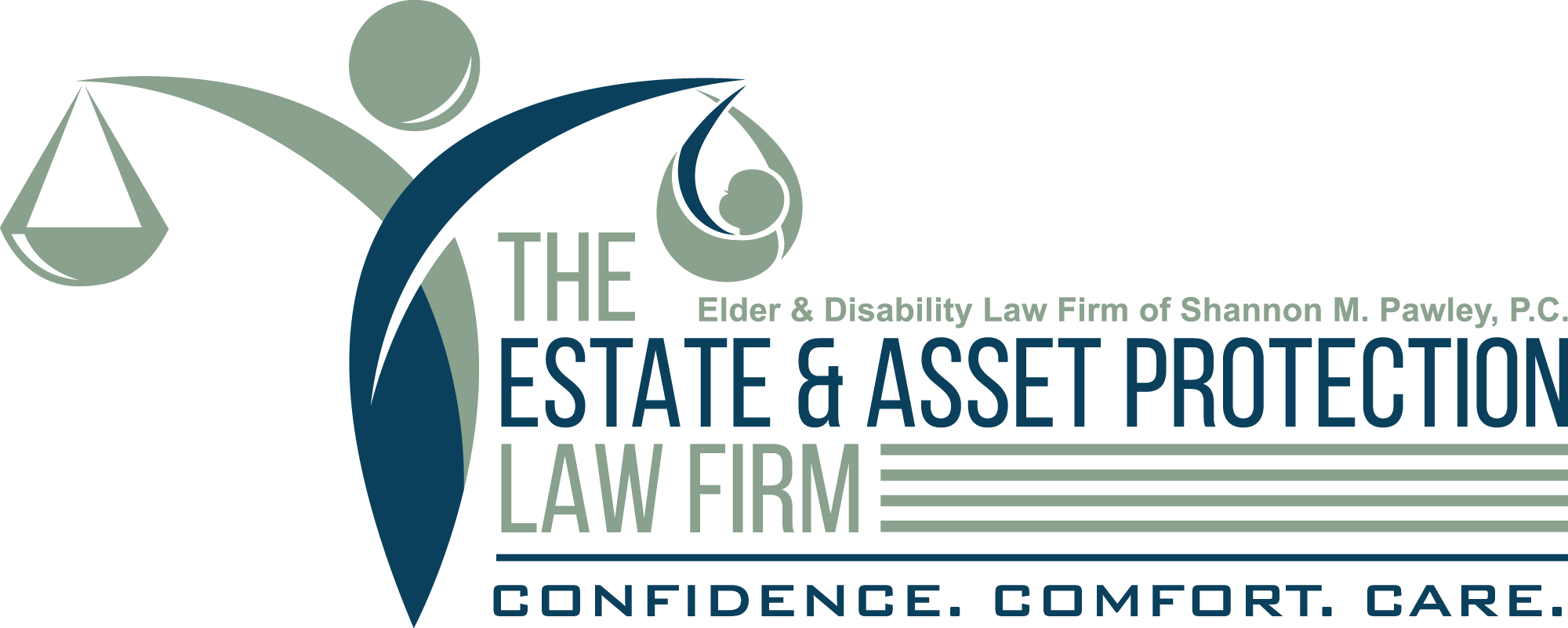Asset Protector for Seniors: Don’t Be A Victim Be Wary Instead

Why discuss asset protection for Seniors? Seniors are among the most scammed groups.
Asset protection for Seniors has always been important to me and I recently read an article at aarp.org about a recent Senate committee report saying that older adults lose an estimated $2.9 billion each year to financial scams. Of course criminals are going to target the most vulnerable people and adults 65+ are at the top of their lists.
According to a 2019 report there are 10 prevalent scams specifically targeting seniors. In descending order of frequency the scams include, unsolicited calls, including robocalls; sweepstakes and Jamaican lottery scams; computer tech-support scams; elder financial abuse; grandparent scams; romance scams; Social Security impersonation scams; impending lawsuit scams; and identity theft. The number 1 scam, receiving more than 1500 complaints, involved Internal Revenue Service (IRS) impersonators conning their victims out of tens of millions of dollars.
Older Adults Rarely Screen Calls
Many older adults are lonely and those who live alone are particularly susceptible. With the holidays coming up, the criminals kick into high gear. Many older adults do not screen their telephone calls and will talk to anyone who calls. The telephone is one of the most lucrative ways criminals have of contacting their victims. And, the scams persist because the scammers are able to gain the trust and cooperation of their victims by either seducing them or harassing them.
Be wary of anyone calling on the telephone. Ask the caller to identify themselves immediately. If you are at all suspicious, just hang up the phone.
As stated in the aarp.org article, “The Senate committee urges people to hang up if they receive a suspicious call and then call its toll-free Fraud Hotline, 855-303-9470.”
Be Wary And Remember:
- Con artists force you to make decisions fast and may threaten you.
- Scammers disguise their real phone numbers, using fake caller IDs.
- Fraudsters sometimes pretend to be a government agency, such as the IRS.
- Con artists try to get you to give them personal information, like your Social Security number or account numbers.
- Before giving out your credit card number or money, ask a friend or family member for advice about the situation.
- Beware of offers for free travel.
Looking to find an experienced estate lawyer in the Georgia area who is skilled in asset protection and estate plan preparation? Shannon Pawley is an attorney in Georgia with expertise in estate planning and asset protection. Shannon can provide assistance with creating an estate plan to include making a will and how to establish a trust properly. If you have questions about asset protection or questions about making an estate plan, reach out to Shannon and she will be glad to help answer all the estate planning questions you might have!







